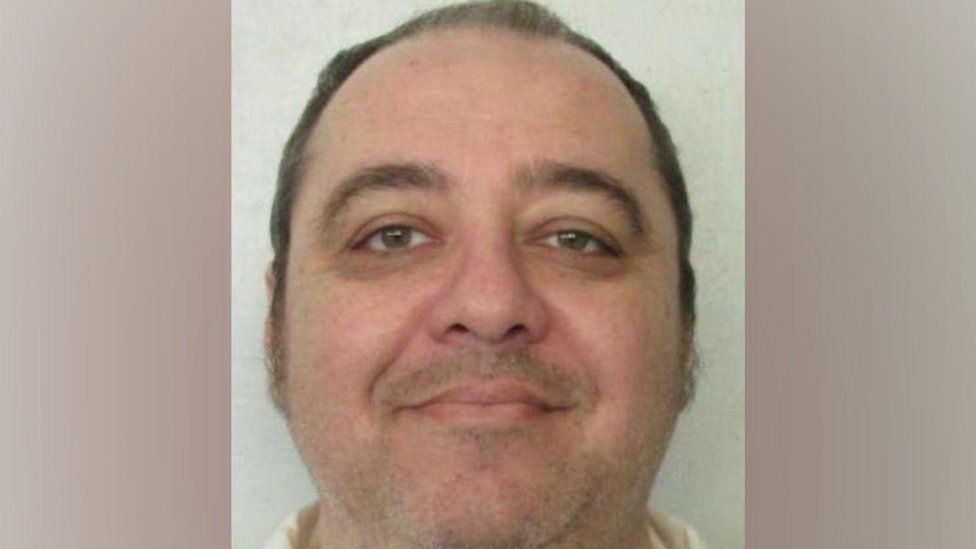-

-
-
Loading

Loading

Alabama authorities are set to execute death row inmate Kenneth Eugene Smith using a new method involving nitrogen gas. Smith was initially scheduled to be put to death through lethal injection, but the execution was called off after prison staff struggled to insert a second intravenous line. Now, Smith will undergo nitrogen hypoxia, a process that cuts off oxygen to the brain using nitrogen gas. While this method has never been used before in the US, it represents the ongoing search for alternative execution methods as the death penalty continues to decline in popularity. Currently, half of US states still have death penalty laws, with execution methods varying from lethal injection to hanging, firing squad, or the electric chair. Although there have been concerns about violating the US Constitution's ban on "cruel and unusual punishments," most states have settled on lethal injection as the primary method. However, difficulties in obtaining the necessary drugs and the refusal of manufacturers to supply them have prompted states to explore other options. Texas, for example, has resorted to using drugs from secret compounding pharmacies. The use of nitrogen gas as an execution method has been approved by three states, including Alabama, but critics argue that it is untested and unproven. They raise concerns about the potential for mishaps during the procedure and question the effectiveness of the masks used to administer the gas. Proponents of nitrogen hypoxia highlight industrial accidents where victims appear unaware of their condition as evidence of its viability. The decline in enthusiasm for the death penalty is evident across the US, as the number of executions has significantly reduced. Factors contributing to this decline include botched executions, numerous exonerations of death row inmates, legal changes preventing the execution of mentally impaired individuals and juveniles, and juries' growing reluctance to impose death sentences. Public support for the death penalty has also decreased, with only 53% of Americans favoring it compared to 80% three decades ago.